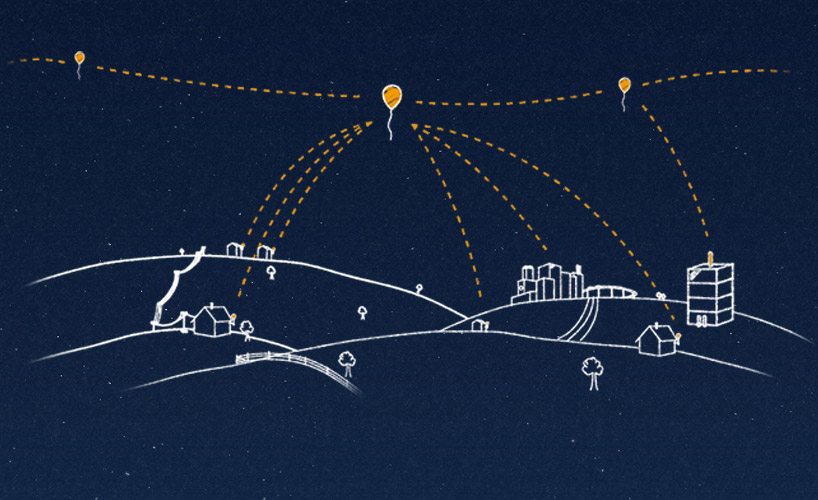Can providing the entire Earth with wireless Internet win one the Nobel prize for either science or the humanities? For one reason or the other, I believe the dynamic duo of Larry Page and Sergey Brin certainly think so.
As you may have heard, Google’s audacious Project Loon is seeking to provide the earth with Wi-Fi by floating large balloons up in the Earth’s stratosphere that will cast an ‘Internet shadow’ across every corner of the earth. The project which was launched sometime in 2014 has already achieved many notable goals such as circumnavigating the globe accurately while avoiding mountain peaks and nature’s fury. Despite the challenges Google’s Project Loon balloons have come out victorious in test tours around New Zealand, Australia and Brazil. In these tests, the Project Loon balloon was able to provide a Wi-Fi connection to a device within 25 miles of the balloon.
Sundar Pichai, senior vice president of products at Google, announced the next steps for Google’s MVNO (mobile virtual network operator) program on the first day of Mobile World Congress in Barcelona. Pichai explained that the strategy includes both Project Loon and Project Titan. Project Titan is the result of Google’s acquisition of Titan Aerospace and involves using solar-powered drone aircraft to accomplish a similar goal as the Project Loon balloons. Google intends to combine the two to deliver on the plan to provide Wi-Fito all corners of the Earth.
Although Pichai held his cards close to his chest concerning Google’s next move, two things are certain: Google takes Project Loon and its MVNO plan seriously and will do everything humanly possible to ensure its success, and that we should expect an innovative re-launch of Project Loon complimented with Project Titan drones in the coming months.
How Project Loon, Project Titan and Google’s MVNO aspirations will play out is yet to be seen. Stay tuned and watch for that Nobel prize I believe Google’s dynamic duo are aiming for to fill out their already impressive award cabinet.
- Microsoft will challenge Google Chromebooks with $149 Windows 10 laptops - April 1, 2015
- Windows 10 Mobile coming soon to most Windows Phone devices - April 1, 2015
- Security researchers identify malware threat to virtual currencies - March 30, 2015




Using balloons to broadcast a wi-fi signal? Really? What about using a satellite instead? Oh, that’s right, satellite signals can be interfered with by atmospheric conditions…